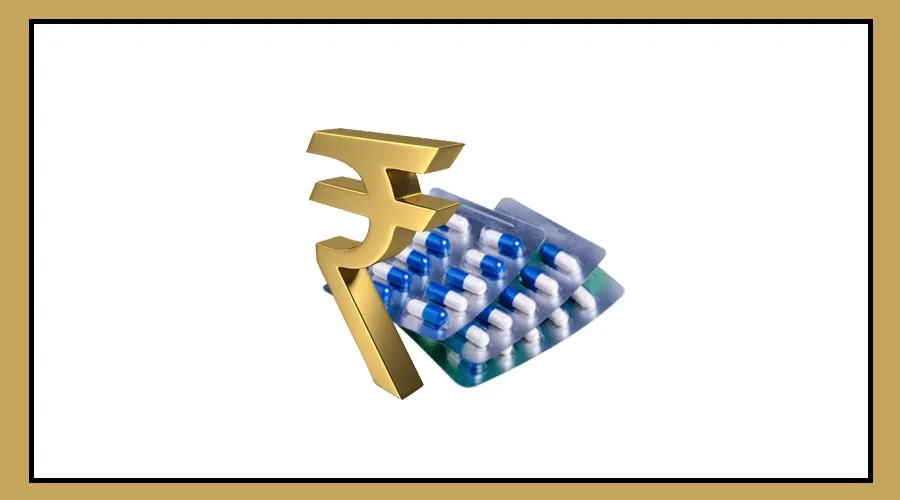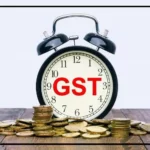A recent media report says the Trump administration has proposed very high tariffs on imported medicines — with some drugs possibly facing duties of up to 200%.
Why Is This Happening?
If such tariffs are applied, it would bring a major change to the current system, as most medicines entering the US today are duty-free.
The proposal uses national security grounds under Section 232 of the US Trade Expansion Act of 1962. The goal is to increase domestic drug manufacturing.
During the COVID-19 pandemic, the US experienced medicine shortages and realized it relies too much on foreign imports, which is now seen as a security risk.
However, experts warn that this move could raise drug prices and disrupt supply chains. For example, ING’s Diederik Stadig said that even a 25% tariff could raise US drug costs by 10–14%, with low-income and elderly Americans being the most affected.
How Will Prices Be Affected?
The biggest impact would be on generic medicines, which make up over 90% of prescriptions in the US.
These products are sold at low profit margins, so any cost increase will hurt both manufacturers and consumers.
This is important for India, which is one of the largest suppliers of low-cost generic drugs and active pharmaceutical ingredients (APIs).
However, for now, Indian generics have been excluded from the new tariff rules because they are considered essential for affordable healthcare in the US, according to Sudarshan Jain, Secretary General of the Indian Pharmaceutical Alliance.
India supplies about 6% of US drug imports, but its role is critical. Past events have shown the risk of over-reliance: a shutdown at one Indian plant once led to chemotherapy drug shortages in the US, said Sandeep Pandey, co-founder of Basav Capital.
Over the years, global drug manufacturing has shifted to countries like India, China, Ireland, and Switzerland.
Bringing this manufacturing back to the US would be slow and expensive. Marta Wosinska of the Brookings Institution explained that while domestic production is ideal, it would greatly increase drug prices for American patients.
Pushback From Industry and Legal Experts
Large pharma companies like Roche and Johnson & Johnson have already announced billions in US investments. But experts say this won’t quickly replace imported ingredients.
Also, the proposed tariffs are facing legal challenges. A US appeals court recently said that such broad measures need approval from Congress.
As a result, the matter might end up in the Supreme Court, adding to the uncertainty for drug manufacturers around the world.
In the short term, the impact may be limited because many companies have already stocked up on supplies.
But if tariffs of 25–50% or more are enforced in the coming years, US drug prices are expected to rise.
Although the immediate risk for India is low, any change in US policy could seriously affect India’s $25 billion pharma export industry, Jain warned.

























